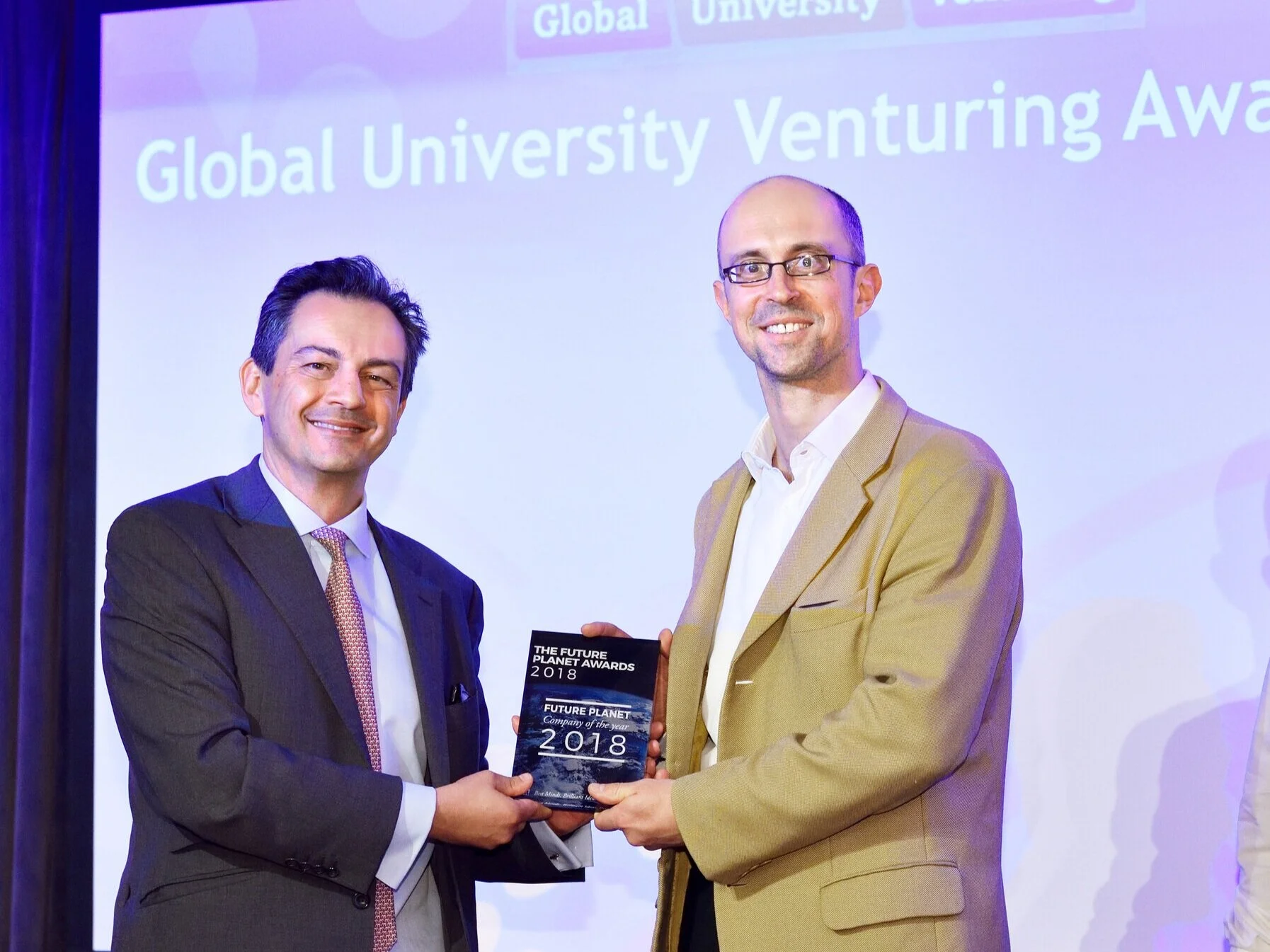The world’s most powerful nation, home to one of its wealthiest populations, has recently elected their new president.
This shift raises critical questions about the impact on geopolitics, global survival, and, for us at Future Planet Capital, on how best to adapt our mission to address urgent global challenges.
Global Survival
Climate change is our most pressing global challenge, threatening life on Earth as we know it. A global temperature rise of 4°C would make many regions uninhabitable due to the deadly combination of heat and humidity, which prevents the human body from cooling itself. Even a 3-4°C increase would severely disrupt ecosystems, place coastal cities at risk, and impact agriculture, leading to mass displacement and resource shortages. Extended extreme heat could make outdoor activity in certain regions dangerous or even fatal.
These threats are already unfolding, underscoring why Future Planet Capital remains committed to addressing climate change and why action is more urgent than ever. The latest Intergovernmental Panel on Climate Change (IPCC) forecast warns that we are on track for a 3-4°C temperature increase, with the potential to surpass 4°C within our children’s—and almost certainly our grandchildren’s—lifetimes.
This makes clear that climate change is not merely an environmental concern; it is a matter of survival for humanity and countless species with whom we share the planet.
Geopolitics
In light of the recent election, we must consider how the political change may impede essential progress in the field of climate change. How will this political shift influence the ability to mitigate the climate crisis, in time to protect our future?
Based on his campaign rhetoric, the new president has highlighted three key changes:
Withdrawal from the Paris Climate Agreement
Promotion of fossil fuels
Reversal of clean energy initiatives, including mandates for electric vehicles and renewable energy
These developments present a notable challenge. However, we believe they will not prevent global progress on climate action. While the U.S. plays a major role in global policy, it does not act alone. The Biden administration’s Inflation Reduction Act has spurred a global race to lead in the emerging clean energy economy.
The European Union, China, and capital-rich nations like the Gulf Cooperation Council (GCC) states, Norway, Singapore, and the U.K. have responded with substantial investments in sustainable initiatives, establishing profitable industries in the process. This momentum is difficult to reverse, as the transition to clean energy presents substantial economic opportunities that many countries are eager to capitalise on.
Future Planet Capital
In our view the way to best respond to this shift in U.S. leadership is to reconcile current consumer and production patterns with a profitable path to a sustainable way of life. Trump and his prime backer, Elon Musk, have demonstrated the significant economic potential of green technologies. With 70% Musk’s wealth derived from companies like Tesla, which are advancing the clean-tech sector, it is clear that private investment and innovation will play a vital role in accelerating the transition to a sustainable future.
It is private capital and technology-driven investment will be instrumental in accelerating this transition. By focusing on profitable, scalable solutions, FPC aim to drive positive change that benefits both the planet and investors.
Our approach is already gaining traction. As a member of the trans-Atlantic Strategic Technologies Investment Council (STIC), we support initiatives that showcase successful models for sustainable security and survival. We co-invest with major energy companies like Aramco, BP, and Equinor, recognising the reality that we are all reliant on hydrocarbons. For most people, particularly in urban areas, life would be nearly impossible without them, highlighting the complex challenge of transitioning to a more sustainable future.
Our portfolio includes companies that are driving the next generation of climate solutions, with a clear focus on scalability, profitability, and impact.
Short Term: Beam, currently scaling up
Beam (formally known as Rovco) is a growth-stage autonomous robotics company specialising in subsea services for the offshore wind sector. With £20 million in revenue in 2023, the company is rapidly scaling, leveraging cutting-edge AI and computer vision to lead the way in subsea autonomy. As global priorities shift towards energy and homeland security—particularly in Europe—Beam’s advanced technology is poised to play a pivotal role in enhancing offshore energy efficiency. By reducing operational costs, Beam’s innovations directly support the clean energy transition, contributing significantly to global efforts to mitigate climate change and manage our carbon footprint.































































